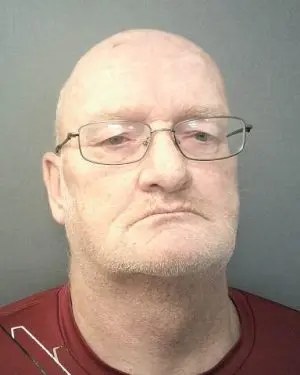Daviess Community Hospital announced they will be initiating cost-cutting measures to help stabilize their financial position.
In March, the hospital began postponing and cancelling elective surgeries as well as “wellness” visits at outpatient clinics after Governor Eric Holcomb implemented the stay-at-home order due to the COVID-19 pandemic. Since that time, the hospital’s daily census in many areas has drastically decreased. Increasing costs and decreasing revenue associated with postponed/canceled visits and procedures due to the COVID-19 pandemic have drastically impacted the hospital’s finances.
“Not only is DCH dealing with the lost revenue associated with the decline in volumes, DCH is also experiencing an increase of many of the hospital’s operating expenses related to this pandemic,” said Randy Russell, CFO. “Our supply costs continue to increase due to inflated rates and scarce supply, which mostly consists of necessary PPE to protect our staff.”
In addition,
According to Daviess Community Hospital’s CEO, Tracy Conroy, “These declines are not sustainable without substantial short-term reductions.” Effective April 26, 2020 Daviess Community Hospital will implement a “freeze” on the following:
– All capital purchases
– Tuition reimbursement for employees
– PTO
– Hiring
In addition, exempt employees will see a 10% reduction in salary. Healthcare providers in the Daviess Community Hospital system will also be affected by the cost-saving measures.
Daviess Community Hospital will also implement an employee furlough program beginning with the April 26th pay period. The furlough, as opposed to a reduction-in-force, will allow employees to immediately return to work rather than go through the re-hire process in the future. Benefits for furloughed employees will be carried by the hospital throughout the furlough period. Furloughed
employees have the opportunity for unemployment and maintain their health benefits during this time. Conroy emphasized that this is a temporary solution and these measures will be evaluated in 30 days to determine next steps.
“This was a very difficult decision, but we have a responsibility to all the employees, patients, and to the community to do what is necessary to sustain operations.,” said Conroy.













